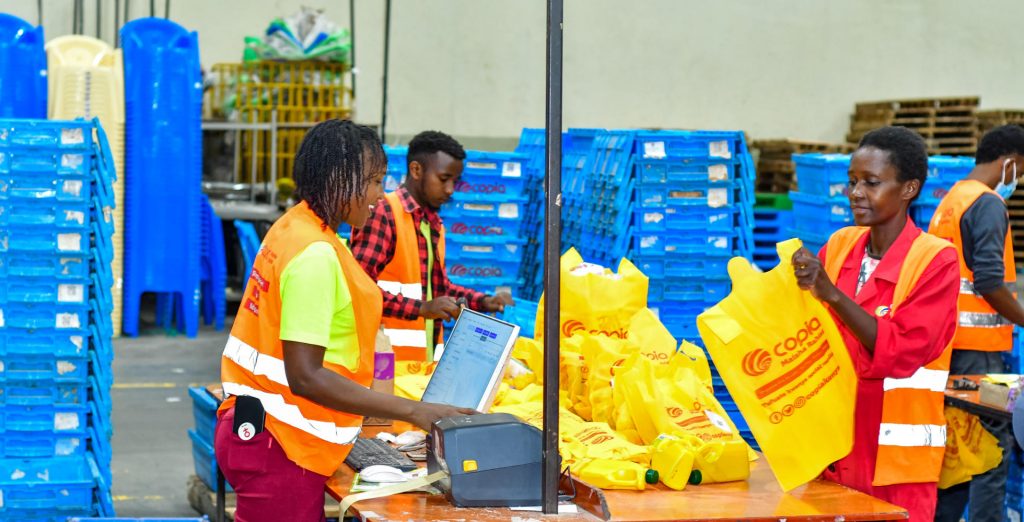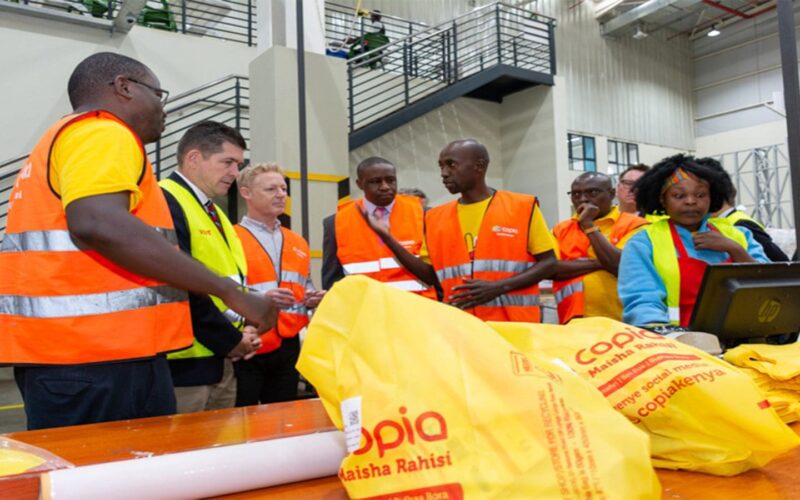B2C e-commerce company Copia Global, the parent company of Copia Kenya, has entered administration after failing to secure the necessary capital to continue operations.
Launched in 2013, Copia uses technology and a network of local agents to offer a broad range of products and reliable delivery to the “base of the pyramid” consumers. Its service enables rural households to access goods that would otherwise be difficult to obtain without traveling to a major city.
The company raised over US$120 million in capital, with its most recent raise being a US$50 million Series C, and expanded into new markets. However, it has now appointed Makenzi Muthusi and Julius Ngonga of KPMG to manage its administration process.
“Copia Global, the parent company of Copia Kenya, was unable to attract capital on terms that were amenable to all existing stakeholders, funders, and investors. Copia Global is now winding down, leaving the Copia Kenya business in a new position to raise capital directly,” the company stated.

“Under the mandate of the Administrator, the Copia Kenya management team will implement a plan with a lower burn rate, an accelerated path to profitability, and a focus on the increasingly digital consumer.”
The legal process of entering administration provides a financially challenged company with “breathing space,” protecting it from creditor enforcement actions while potential financial restructuring is undertaken to rescue the company, if possible.
Read also: Kenya’s iProcure undergoes court-appointed administration due to financial difficulties.
This may involve a sale to an unrelated party, but if the company cannot be reasonably saved, the administrator will aim to achieve a better return for creditors than would likely occur if the company were wound up without first being in administration. If an administrator fails to revive or sell the company, liquidation will be considered as a final resort to ensure creditors recover at least some of their money.
Techmoonshot reported earlier this month that Kenyan agri-tech venture iProcure had followed the same path. Copia and iProcure are among the latest African tech ventures to feel the impact of the current global capital shortage. Several startups have already closed their doors, including Kenyan logistics company Sendy, while pressures remain on many others. For instance, Kenyan retail-tech startup MarketForce recently had to shut down its B2B e-commerce platform RejaReja due to difficulties scaling it in the face of the global “funding winter.”












